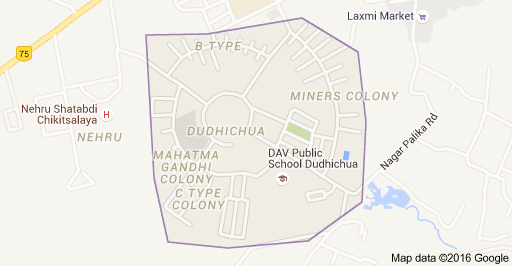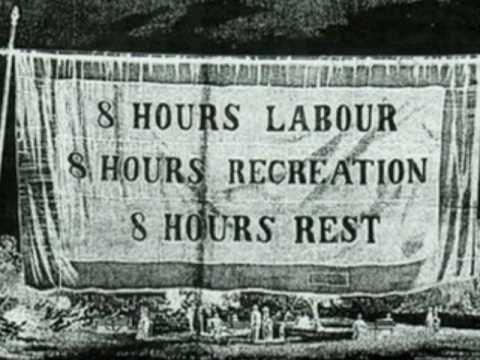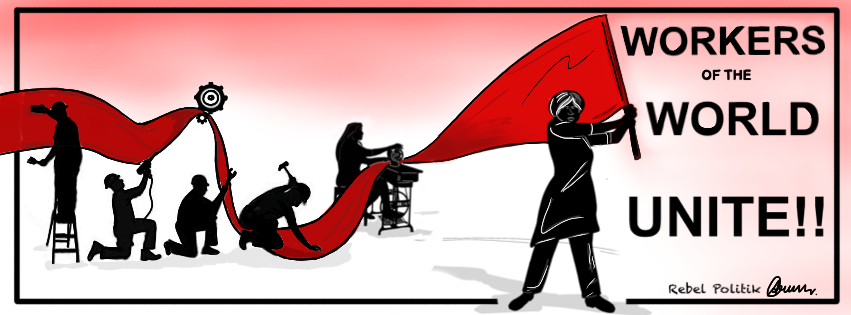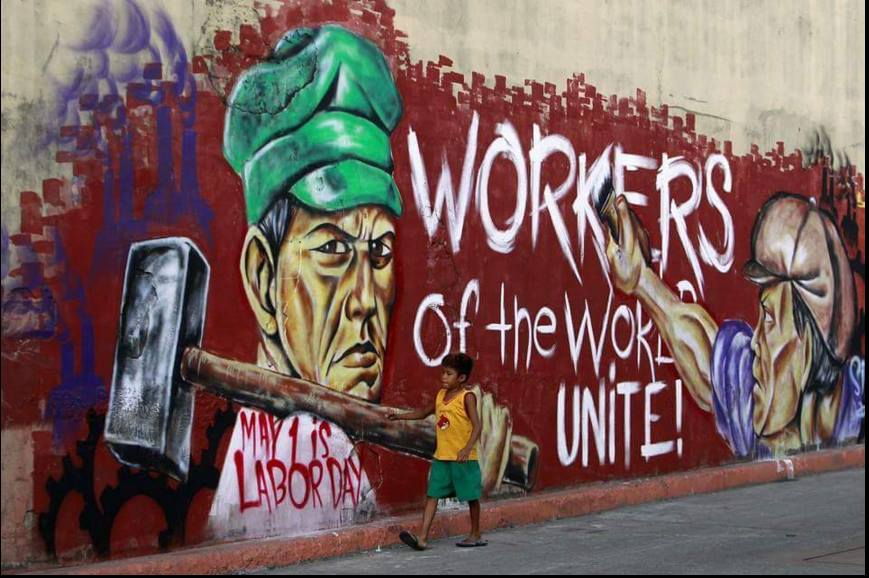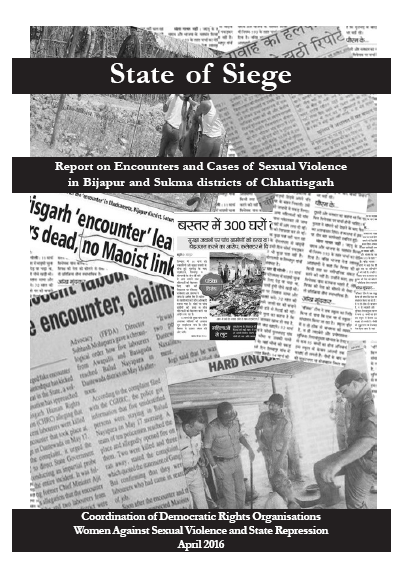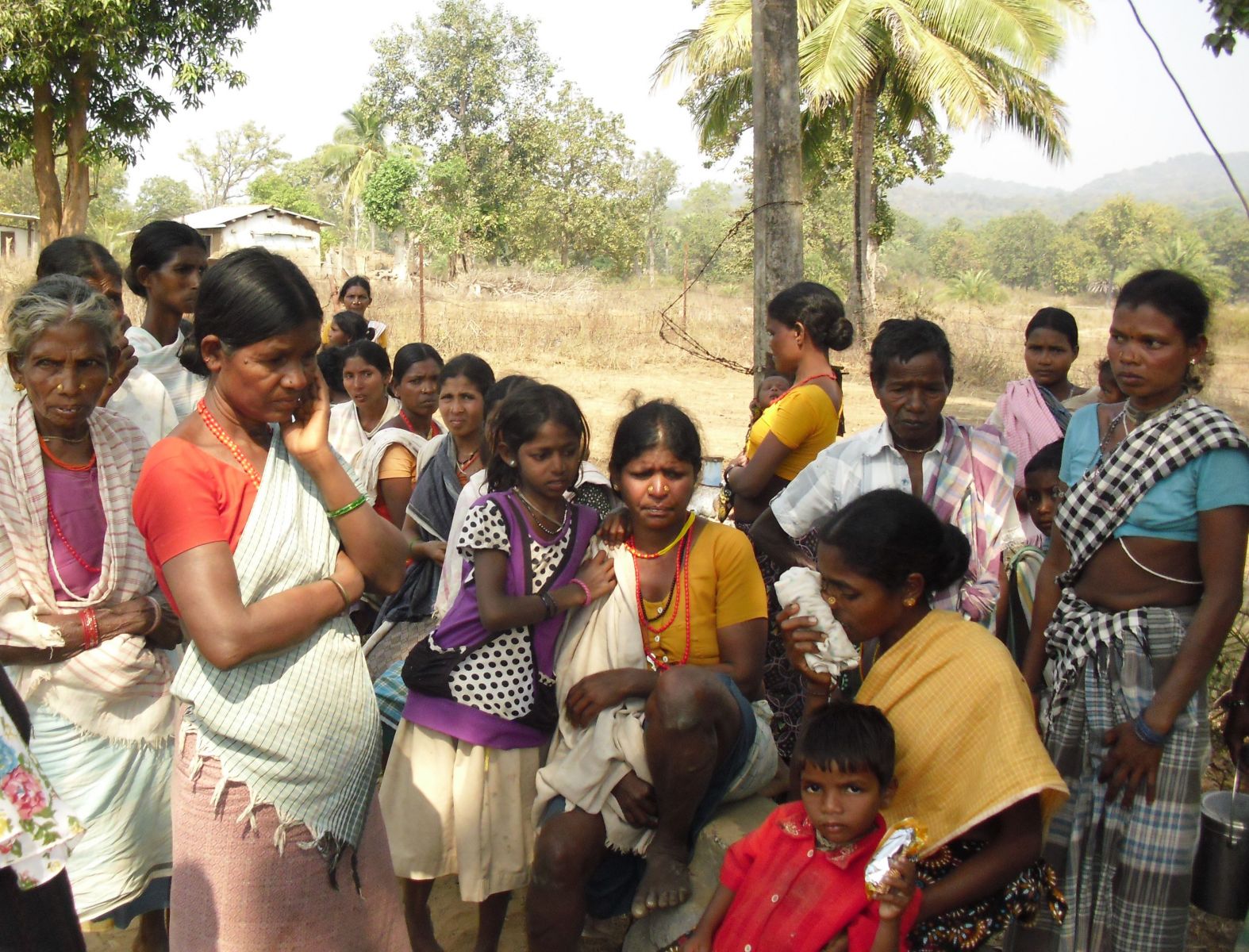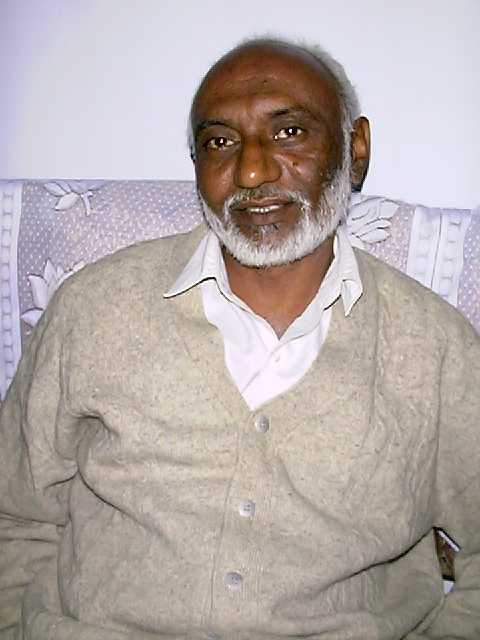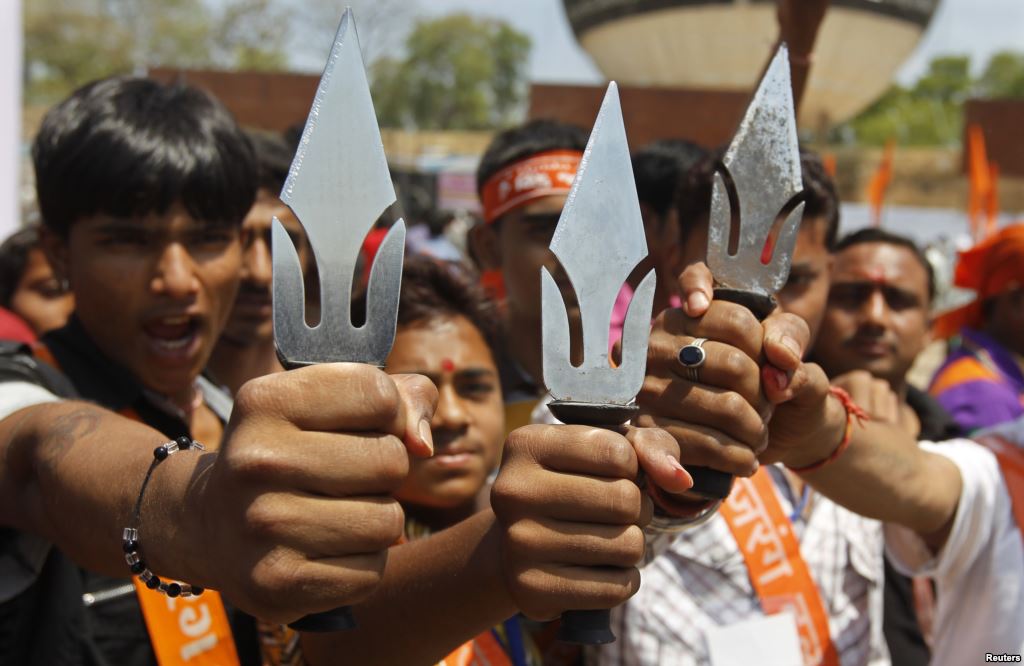Academics supporting the petition with the author outside the court, IstanbulThere are now over 2,000 Turkish scholars, researcher and university teachers being accused of supporting terrorism. This attack against freedom of speech and targeting the intellectual heart of Turkish society through the universities is the most vicious illustration of how determined is President Erdogan to allow no criticism of his policies, even when his actions breach all international human rights and legal standards.
Last Friday, April 21st, four Turkish academics, Meral Camci, Kivanc Ersoy, Muzeffer Kaya and Esra Mungan, after five weeks remanded in prison, were brought to the Heavy Penal Court in Istanbul to face charges of making “propaganda for terrorism” and of association with the PKK (Kurdistan Workers’ Party), labelled as a terrorist organisation by the EU and the US. The indictment accused them under Article 7(2) of Turkey’s anti-terror law and if convicted they could face sentences of up to 7 ½ years in detention.
Although at the end of the day, the prisoners were released, and the Judge adjourned the case to September 27th, confusion reigns among the academics and the lawyers.
This trial attracted, rightly, international attention, as it illustrated how far President Erdogan is prepared to go to prohibit freedom of speech in order to silence any criticism of his policies, even when it is clear that the government’s actions breach both international and European law and its own constitution which guarantees freedom of speech.
To attack Turkey’s eminent scholars in this way has brought protests and support for the academics from people all over Turkey. Thousands filled the square in front of the Court before the hearing carrying banners and calling for the scholars’ release. Unlike previous trials under the Anti-Terror Act of lawyers, journalists, trade unionists, and Kurdish politicians this one was attended by more than eleven consuls including those from the UK and the US as well as many international observers and human rights bodies. I was there as an observer from the UK.
These four defendants, two women and two men, were selected for arrest and imprisonment simply because they happened to be the ones who publicly read out, on March 1st, in the offices of EGITIM SEM, the Education and Science Workers Union, the press statement affirming their commitment to the January “ACADEMICS FOR PEACE PETITION” to President Erdogan entitled “WE WILL NOT BE A PARTY TO THIS CRIME”.
This petition had been signed by over 1,128 Turkish academics from different universities and disciplines, and now by several hundred Western intellectuals, including such luminaries as Noam Chomsky. A further 1,000 Turkish academics have since added their names to the petition.
This attack on freedom of speech and on the academics calls into question whether Turkey will ever comply with the Copenhagen Criteria which govern EU accession and with international and European international human rights and humanitarian law. But does Turkey care? Has it got the EU and the US over a barrel, as it has such a key role to play in the Syrian conflict and in addressing the refugee crisis?
The academics denounced the Turkish government for renewing conflict in the Kurdish South-East and demanded that those responsible for violations of human rights and humanitarian law should be made accountable and punished. They drew attention to the perpetration of collective punishment of civilians trapped in the Kurdish towns and villages under curfew, the killings, destruction of homes and livelihoods, the withholding of food, water, and medicine from people in need, and the displacement of thousands fleeing the violence. They called on all governments across the world to reconsider their relations with Turkey, and they pleaded for the resurrection of the peace talks with the Kurds that Ankara broke off in July, 2015.
Some 50 academics have already been dismissed from their posts and 27 suspended by the disciplinary committees of their universities pending the criminal investigations by the Prosecutor of all the academics who signed the petition. So there are now over 2,000 Turkish scholars, researcher and university teachers being accused of supporting terrorism. This attack against freedom of speech and targeting the intellectual heart of Turkish society through the universities is the most vicious illustration of how determined is President Erdogan to allow no criticism of his policies, even when his actions breach all international human rights and legal standards. Also it shows the extremes he will go to in order to silence his critics, including exploiting the already seriously flawed justice system – flawed because it lacks independence – so as to lock up journalists, trade unionists, teachers, writers, Kurdish politicians, co-mayors and now its scholars.

The author speaking outside the court with Can Dundar ( far right), editor in chief of Cumhuriyet newspaper, recently released from prison
In the packed courtroom the defendants and their lawyers tore to shreds the allegations in the Prosecutor’s indictment, because they contained not an iota of evidence that any crime had been committed. There was, they argued, no proof that any of them had ever been in communication with the PKK as stated in the indictment, or even knew its present co-chair Bese Hozat, from whom, the Prosecutor alleged, they had received orders to write this petition.
“To demand peace is not a crime” was a constant declaration throughout the hearing. This trial was described by the lawyers as a “legal scandal “.
“We expect you to end this parody of a trial, in which there are so many illegal irregularities. Acquit the defendants and drop this case which is damaging Turkey’s reputation internationally” urged one of the lawyers representing the defendants. Ceran Uysal, one of the women lawyers, pointed out that anyway no law existed regarding the issuing of press statements and that the AKP was targeting and punishing academics because it feared their influence on intellectual life and on the youth.
Meral Camci, the psychology professor, spoke for all her academic colleagues when she said “as scholars we value the truth and critical thinking is central to all our disciplines”.
Kivanc Ersoy, the mathematician, in rejecting the allegations, declared “as intellectuals we have the responsibility to promote peace. We, the intellectuals, are the conscience of Turkey, just as Jean-Paul Sartre was the conscience of France when he denounced De Gaulle’s policies that caused such suffering in Algeria. We should not be punished for it”.
Muzeffer Kaya, the historian and social scientist, displaying the hand-cuff scars on his wrist, berated the Prosecutor for the fictions in the indictment that tried to link him and his colleagues with “people we have never met and did not know”. “We are scholars, we have ideals, and we are for justice and truth. We have the right, under Article 25 of the Constitution to express our thoughts, to advance knowledge, and share ideas. These are not crimes. We have broken no law”. He said “ We could not stay silent. Our petition is for peace. We could not let our children pay the price in the future for the government’s mistakes”.
After four hours of speeches by the defendants and their lawyers, in a court crowded with the families of the imprisoned scholars, other Turkish lawyers and international observers, finally, late in the afternoon, there was an extraordinary development.
Suddenly, unexpectedly, the Prosecutor, most probably realising that he had been utterly defeated, that his indictment was shown to be a construction of fictions, proposed to the Judge that he withdraw the indictment under the Anti-Terror Act and instead charge the defendants under the infamous Penal Code Article 301. This article makes it a crime to “insult Turkishness”. However, in 2008, under pressure from the European Court of Human Rights, changes were made and it is now obligatory to get the Minister of Justice’s approval to file such a case. At this point everyone in the public area of the court rose to their feet shouting “ Shame” and “Release them” until the judge ordered us to sit down and be silent.
Making such a bizarre proposal at this late hour clearly disconcerted the judge and his two assistant judges, who, instead of retiring to their chamber to discuss how to respond, started to use their mobile phones, under the gaze of all of us in the court. Everyone wondered who were they calling? Were they trying to contact the Minister of Justice, or the President himself? For this hearing was clearly a political trial and required a political solution.
Finally, after a few minutes the verdict came. The defendants would be released. The case would resume on September 27th. Since there were no bail conditions, no requirements of giving up their passports, or reporting to the police, these scholars would be free to travel abroad, and, if they have not been suspended, resume their university duties. There was loud jubilation and cheers both inside and outside the court where hundreds were waiting for news.
But now of course there reigns absolute confusion, both among the academics (over 2,000 are still subject to investigation under the Anti Terror Act) and the lawyers. Will the Justice Minister give the necessary approval for the change of indictment? What if he does not? Will the original indictment still stand? Does the proposal to use Article 301 apply just to these four defendants, or to all the signatories? What are the rights of the academics who have been sacked or not had their contracts removed? Meral Camci and Muzaffer Kaya are among the fifty who have lost their jobs. But Camci bravely responds “The University building may be closed but we can take the university to anywhere” and has invited her students to her home to continue their studies.
Will everyone who signed the Petition have to wait till September to know their fate? Article 301 provides for imprisonment from 6 months to a year, but under Article 7(2) of the Anti-Terror Law imprisonment could last 7 and 1/2 years.
This case has revealed, like never before, the deep flaws in Turkey’s justice system, and how it can be manipulated for political ends. It also exposes dramatically how any criticism of Erdogan and his AKP party is viewed as a crime. Erdogan has called the academics “traitors”. He has vowed to “annihilate” the PKK. And the PKK has retaliated by saying that they will resort to force if the violence does not stop, reminding Erdogan that it was the government that broke the peace process last year, not them.
This trial has taken place just when the spotlight is on Turkey and Angela Merkel has promised to “hasten” Turkey’s accession to the EU if Turkey will contain the Syrian refugees and stop them from leaving for Europe. But this attack on freedom of speech and on the academics calls into question whether Turkey will ever comply with the Copenhagen Criteria which govern EU accession and with international and European international human rights and humanitarian law. But does Turkey care? Has it got the EU and the US over a barrel, as it has such a key role to play in the Syrian conflict and in addressing the refugee crisis?
This article was first published on Open Democracy.

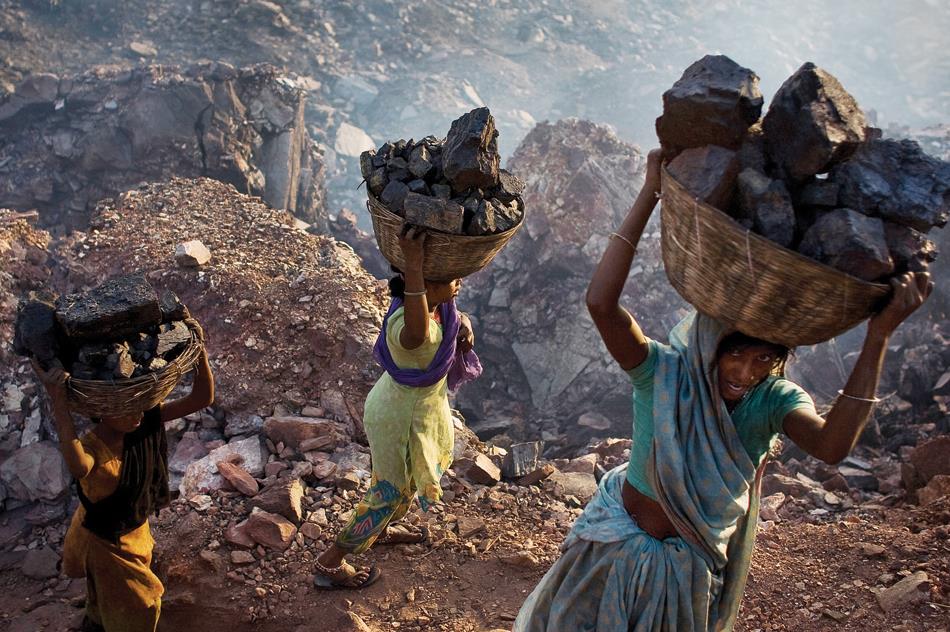
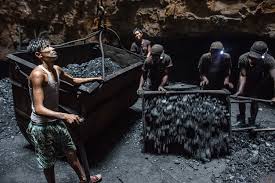
.jpg)
